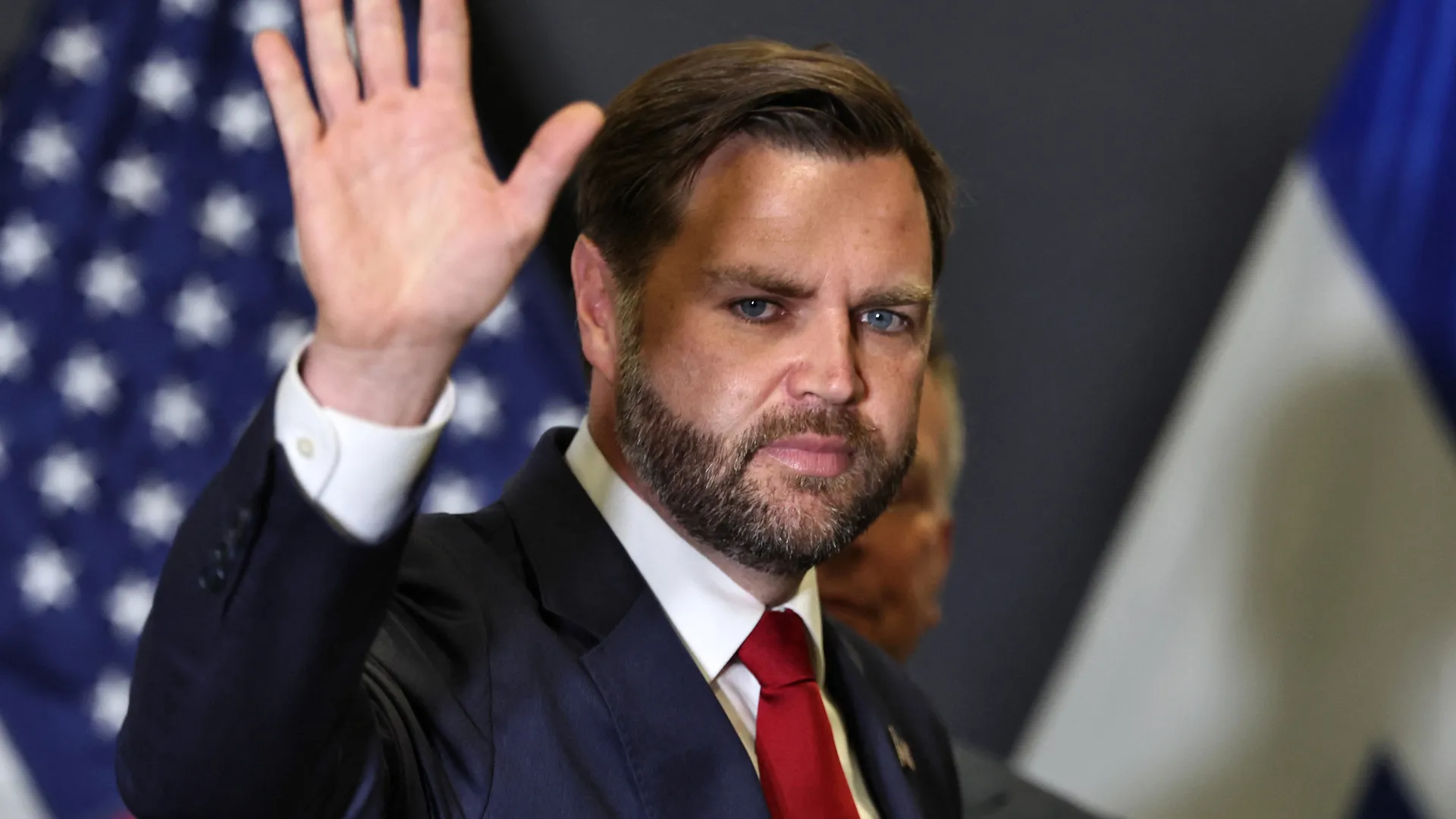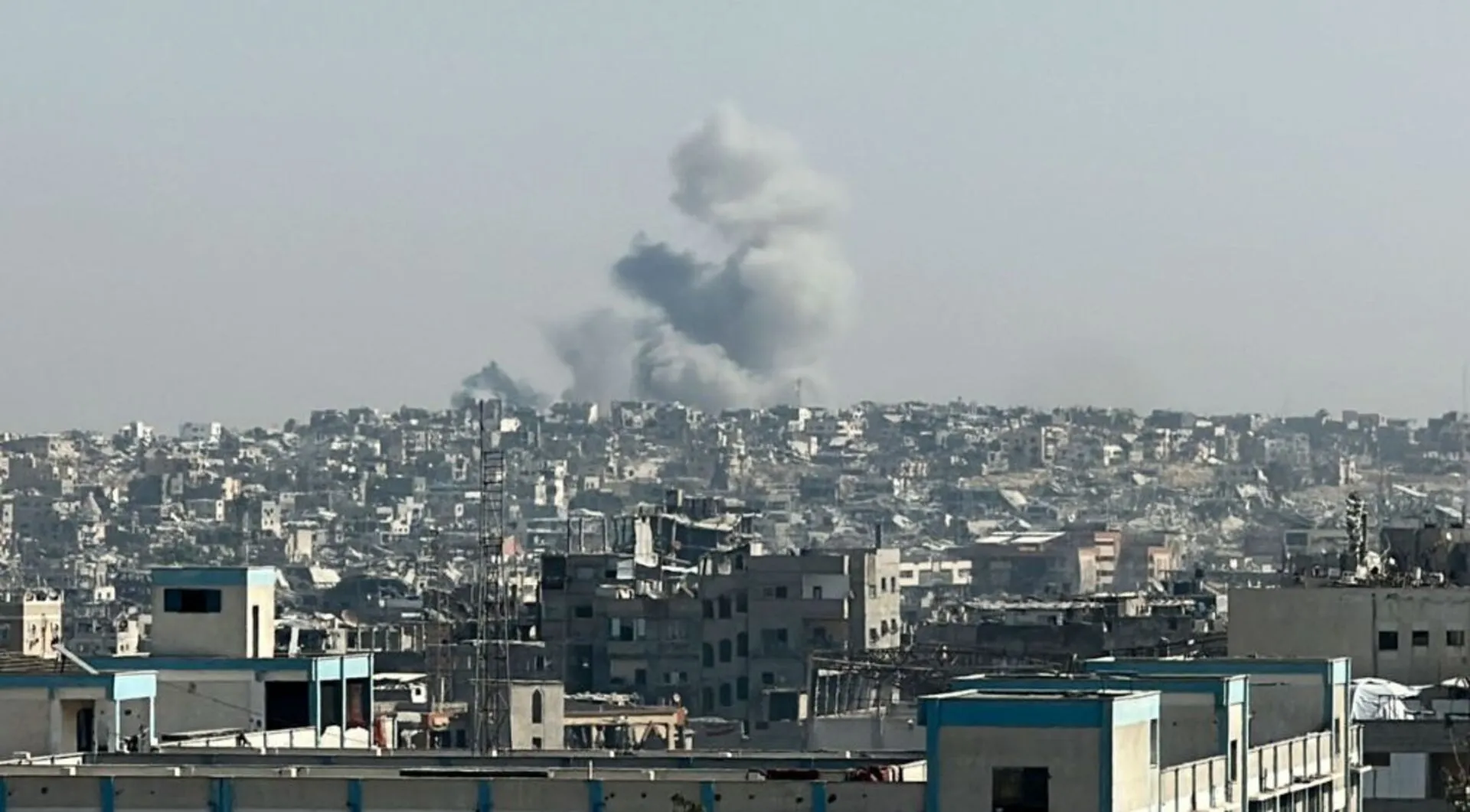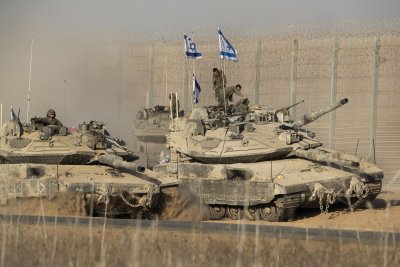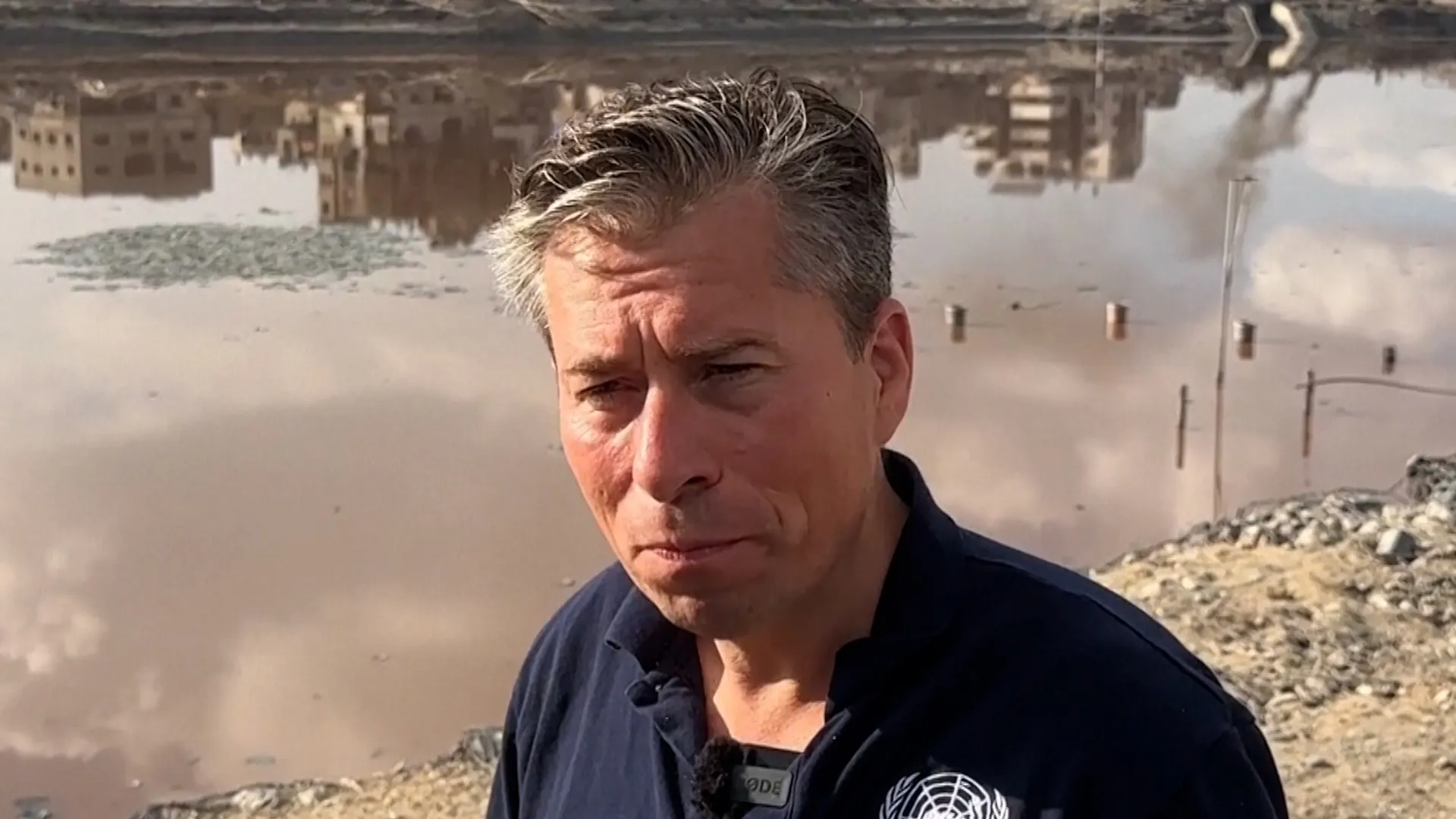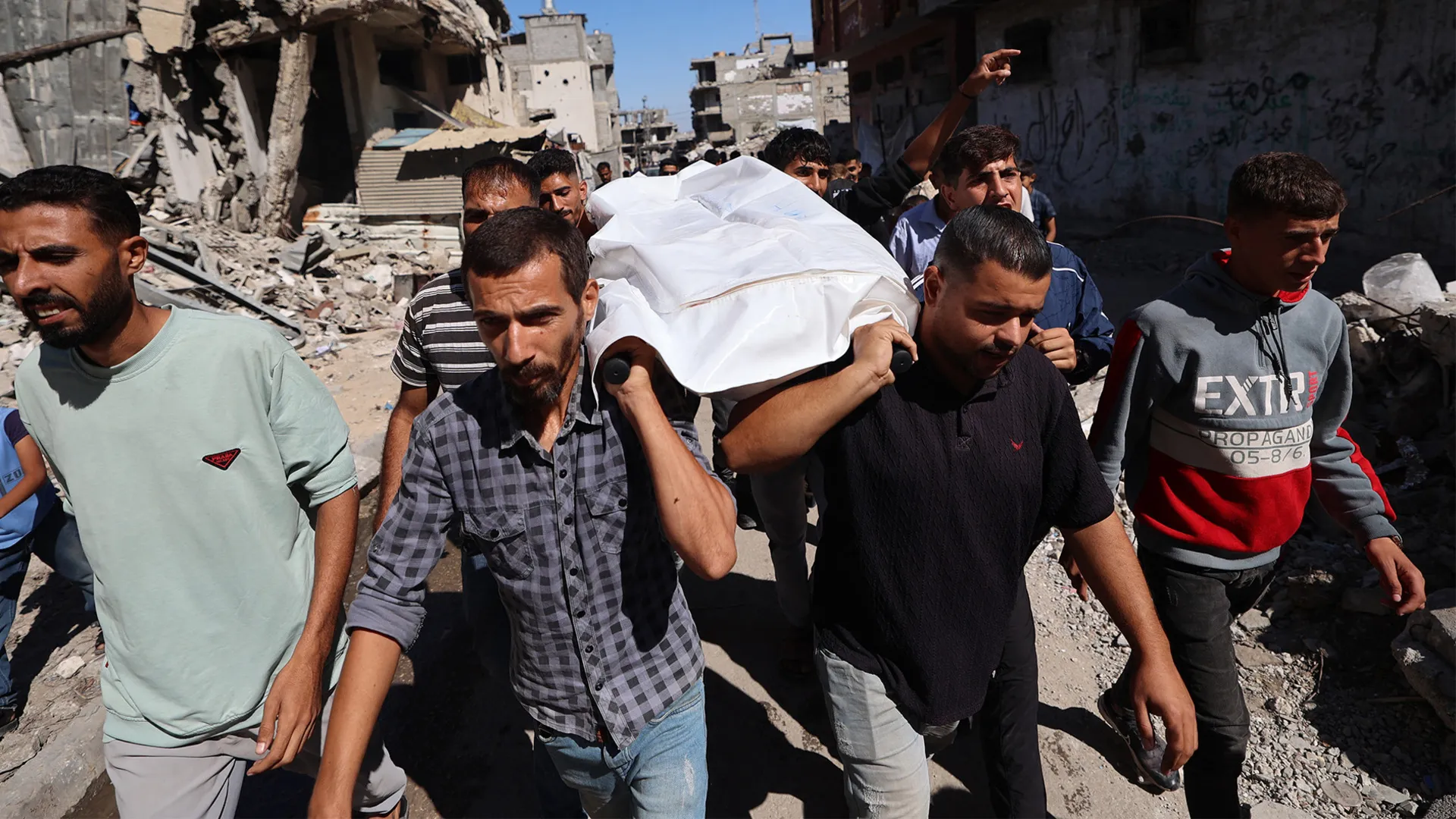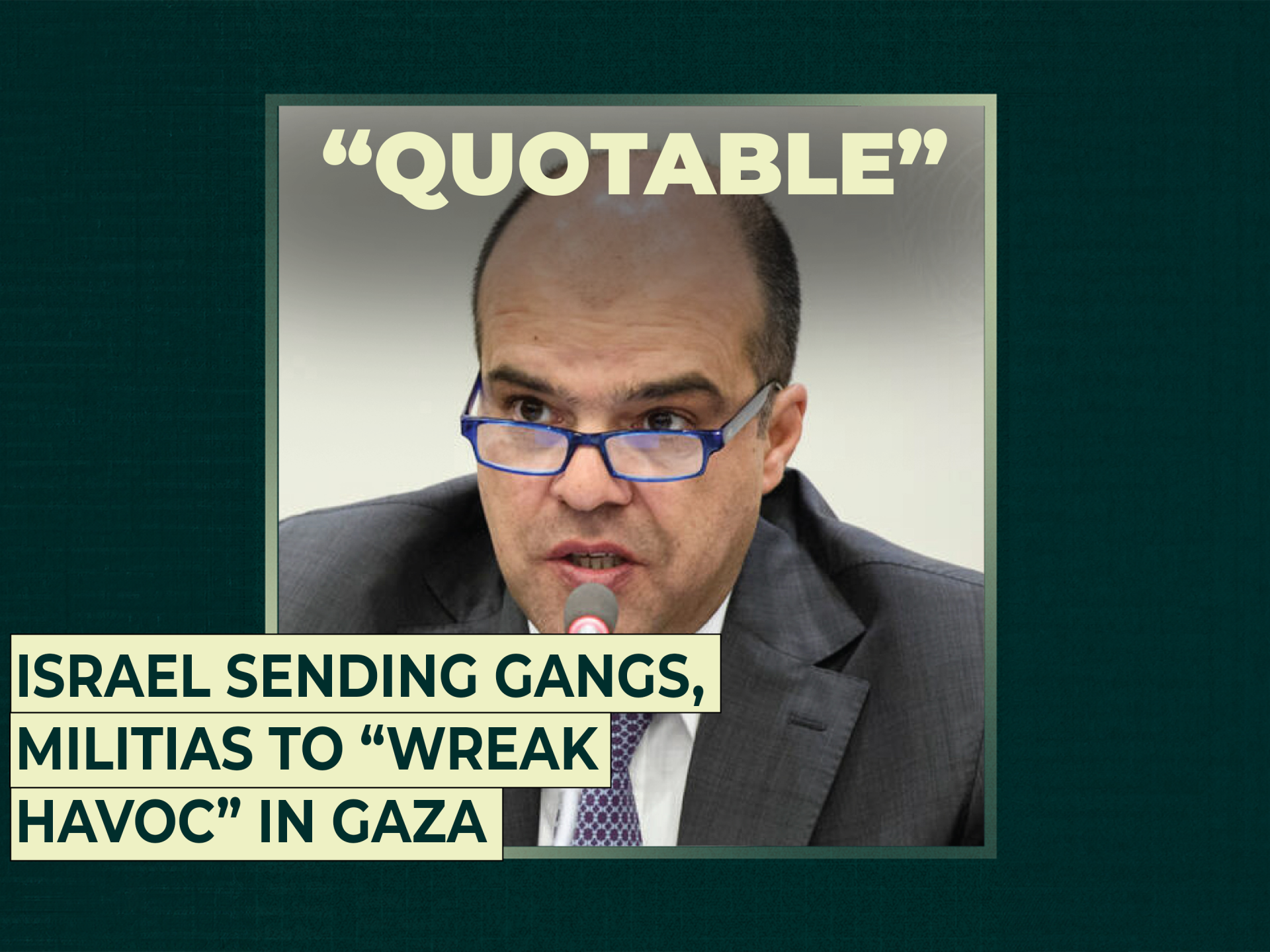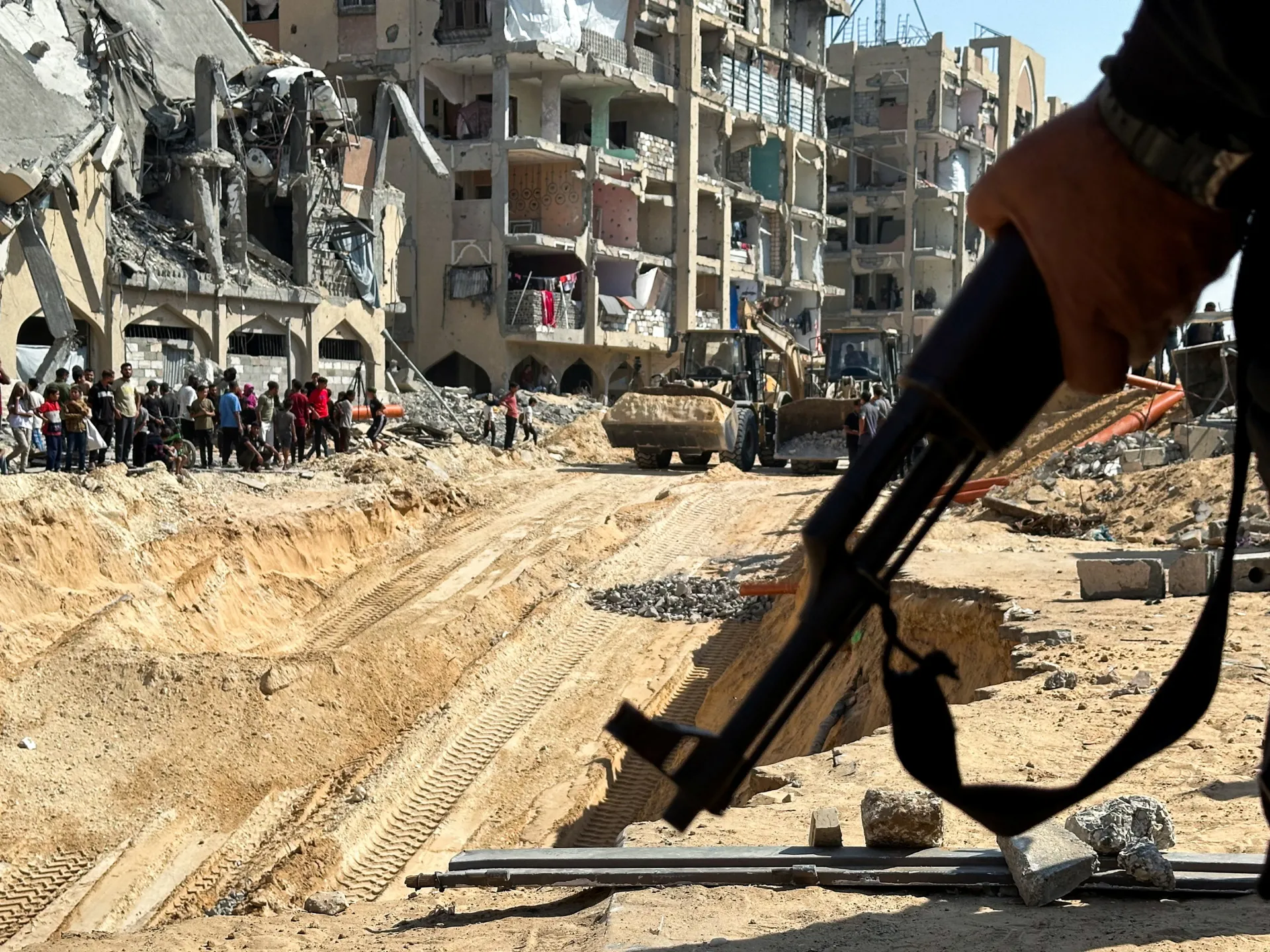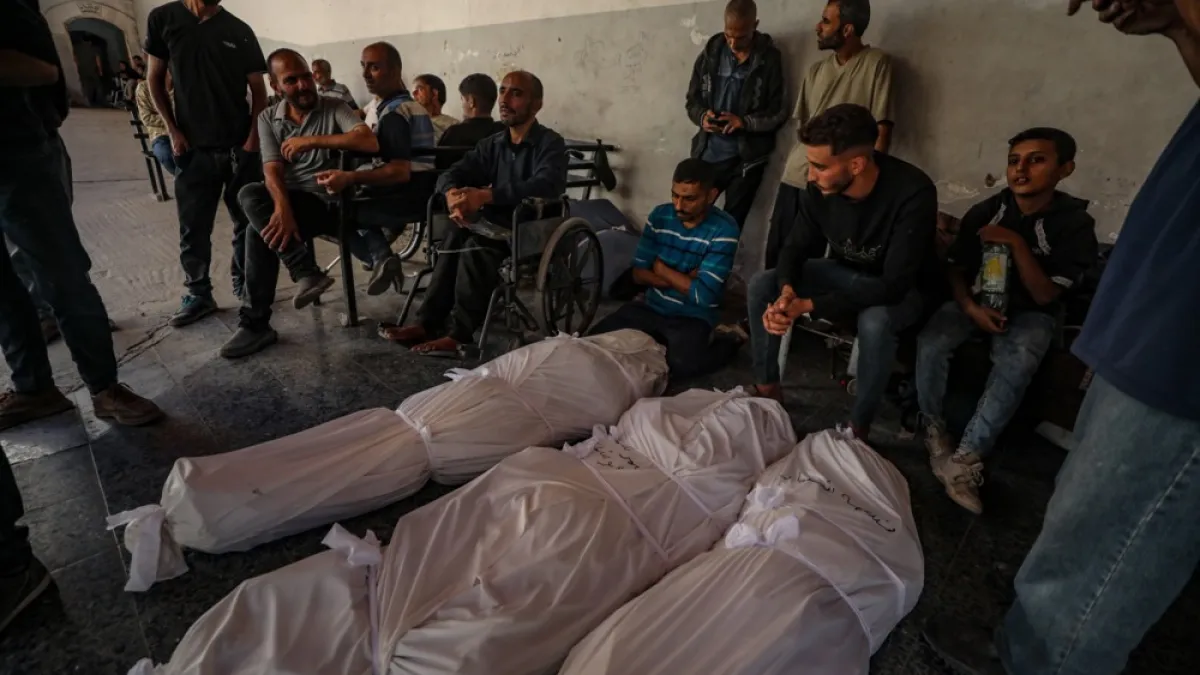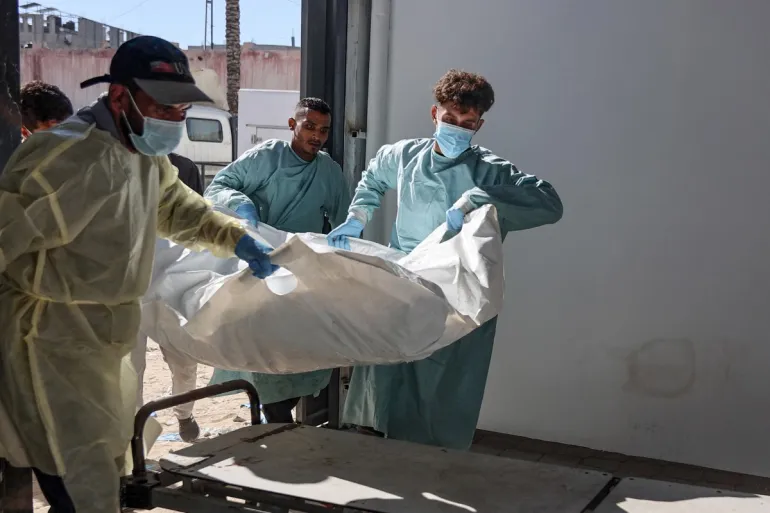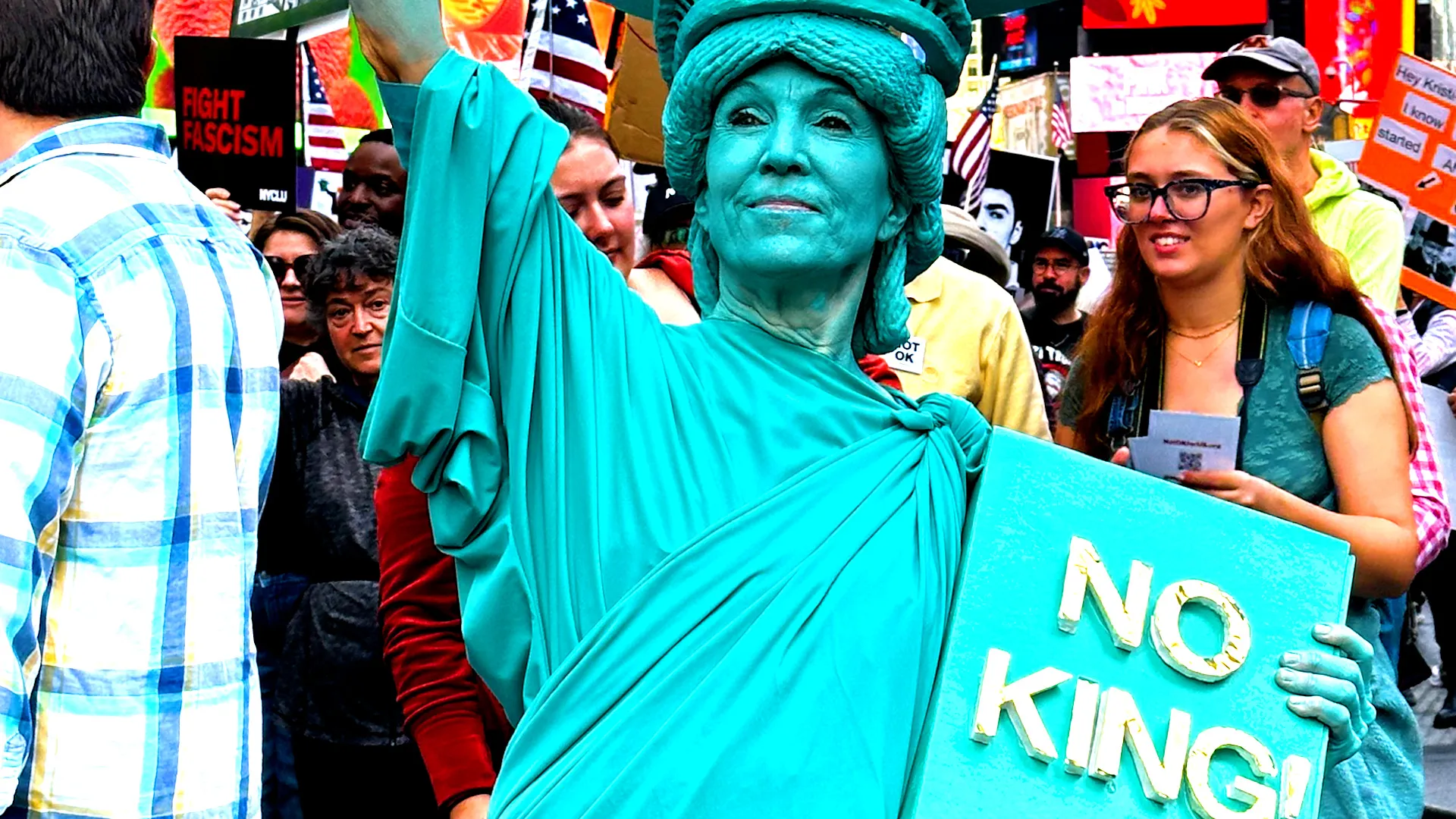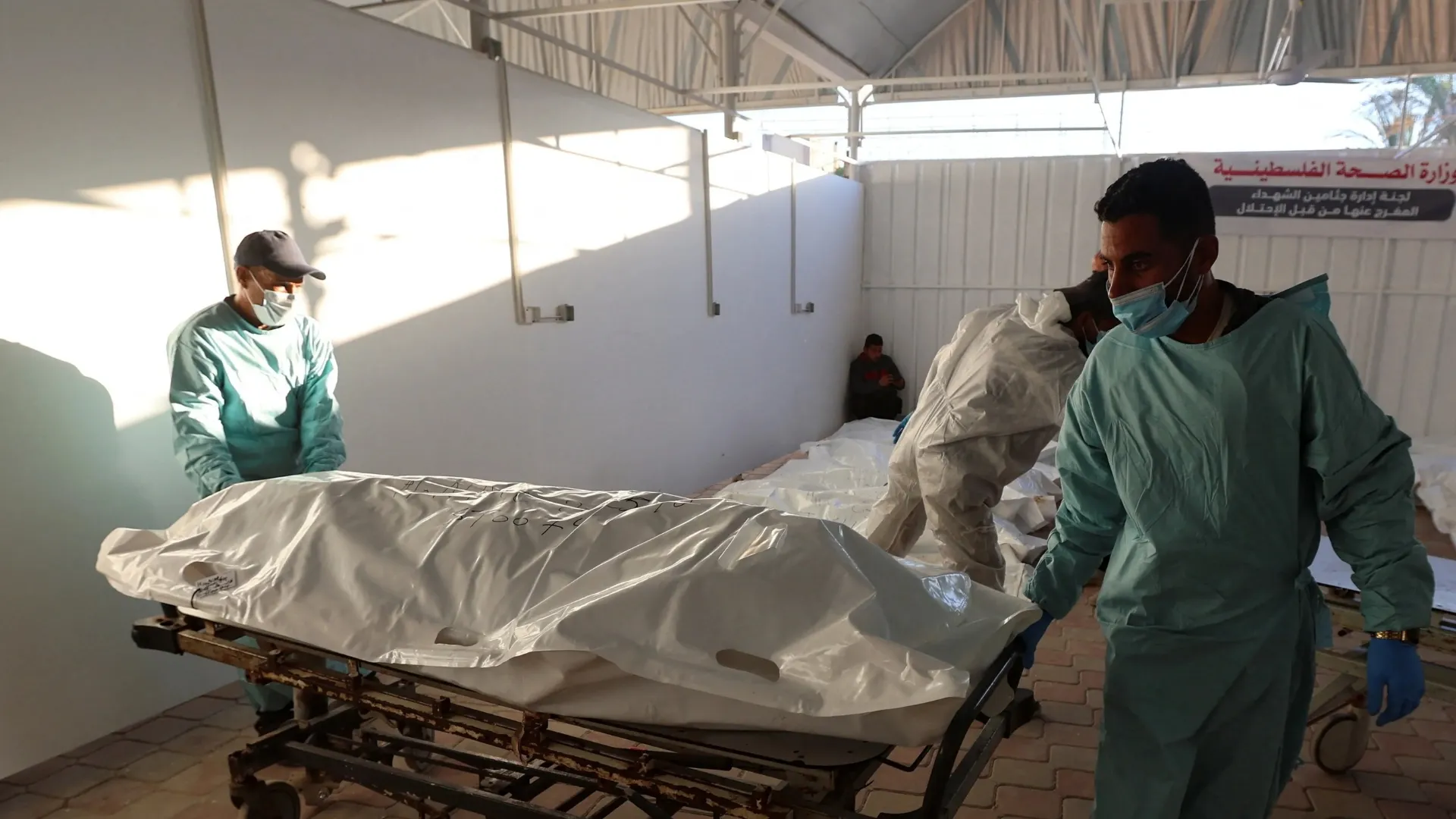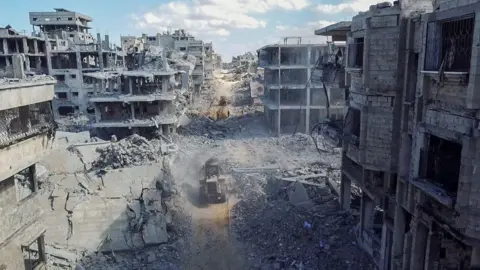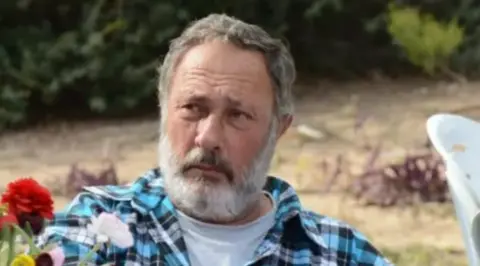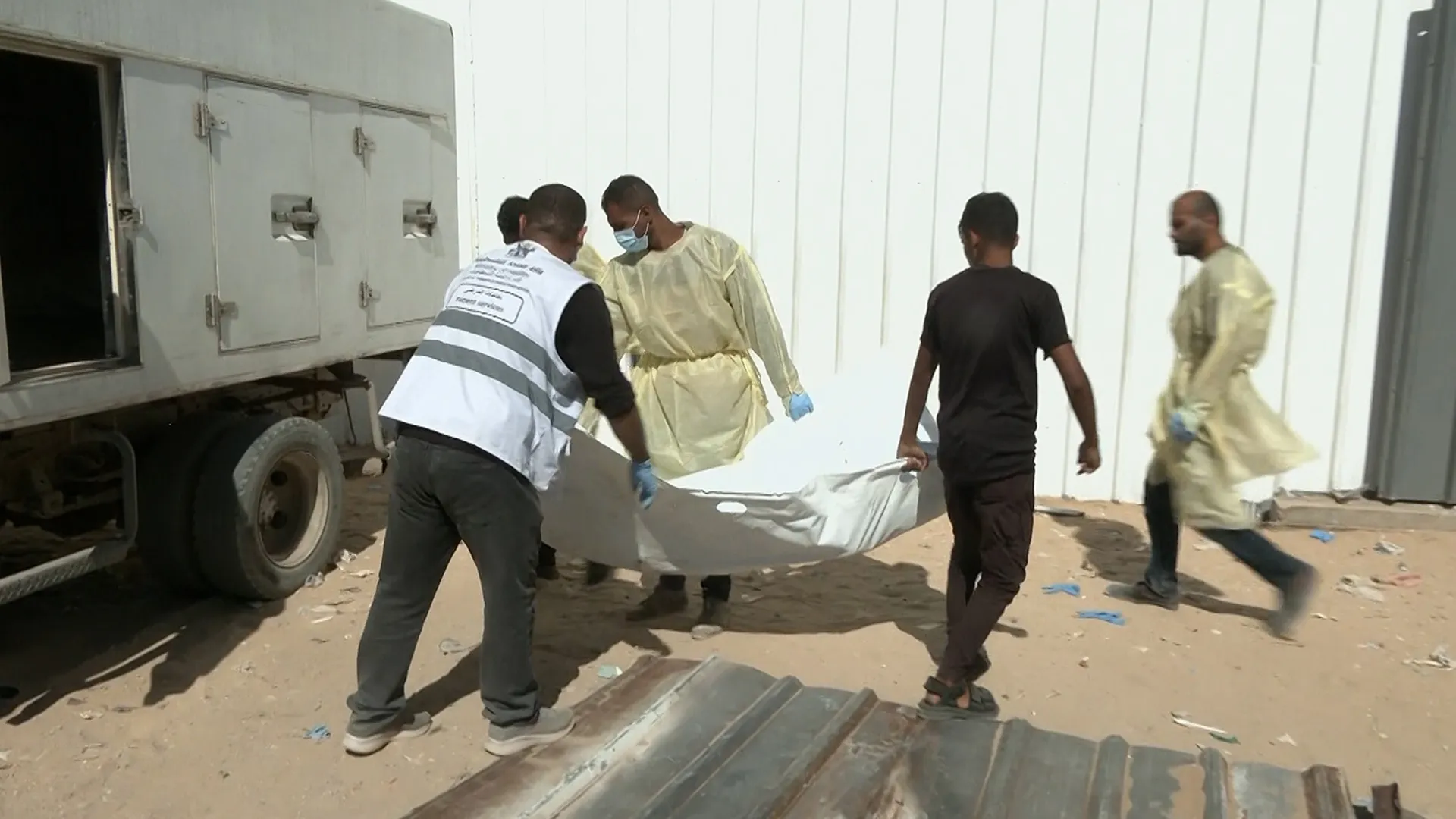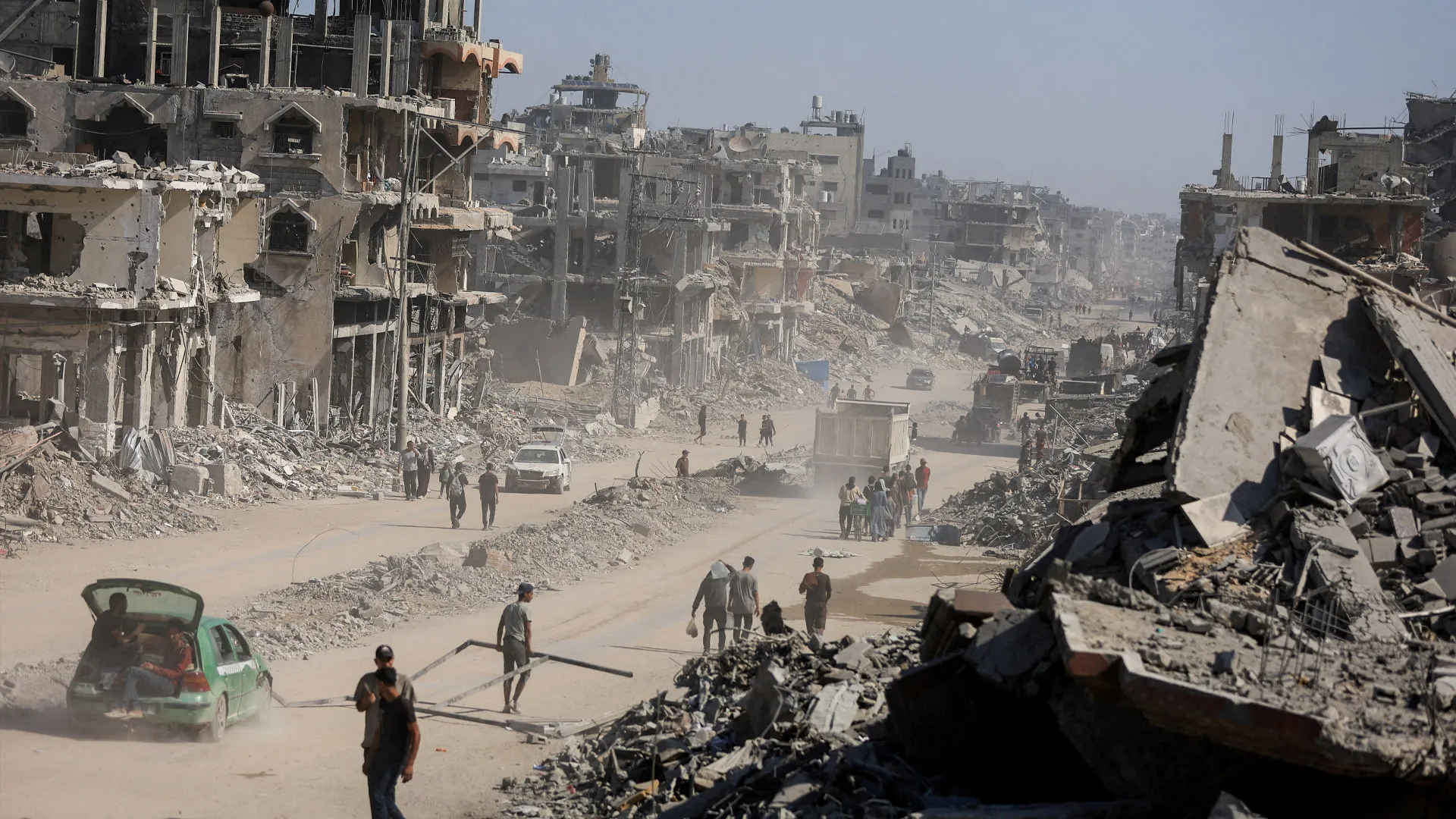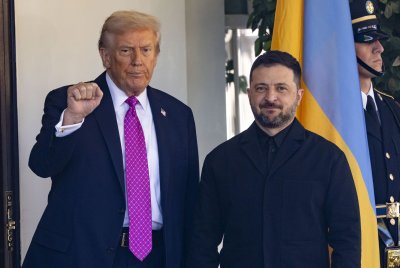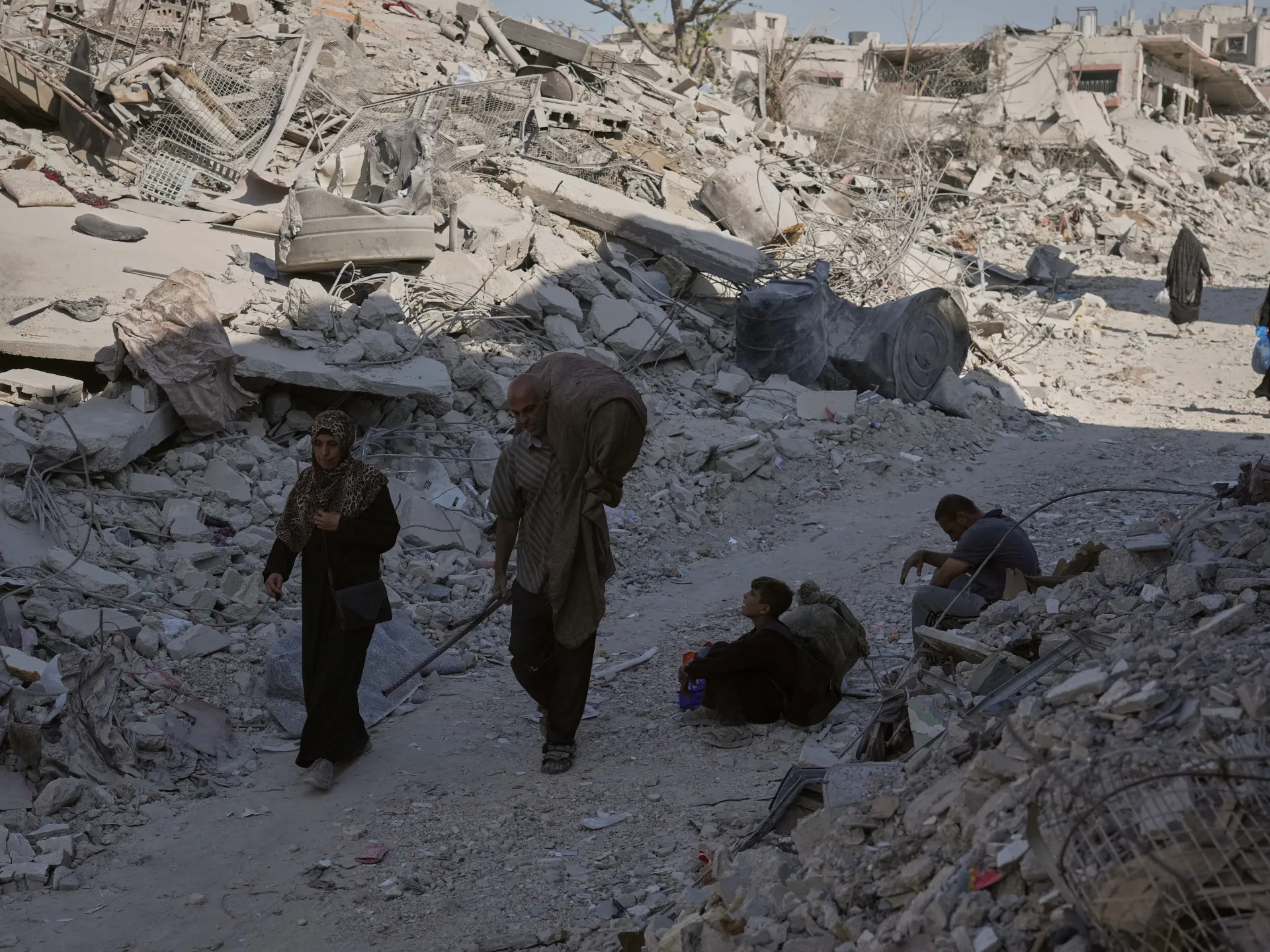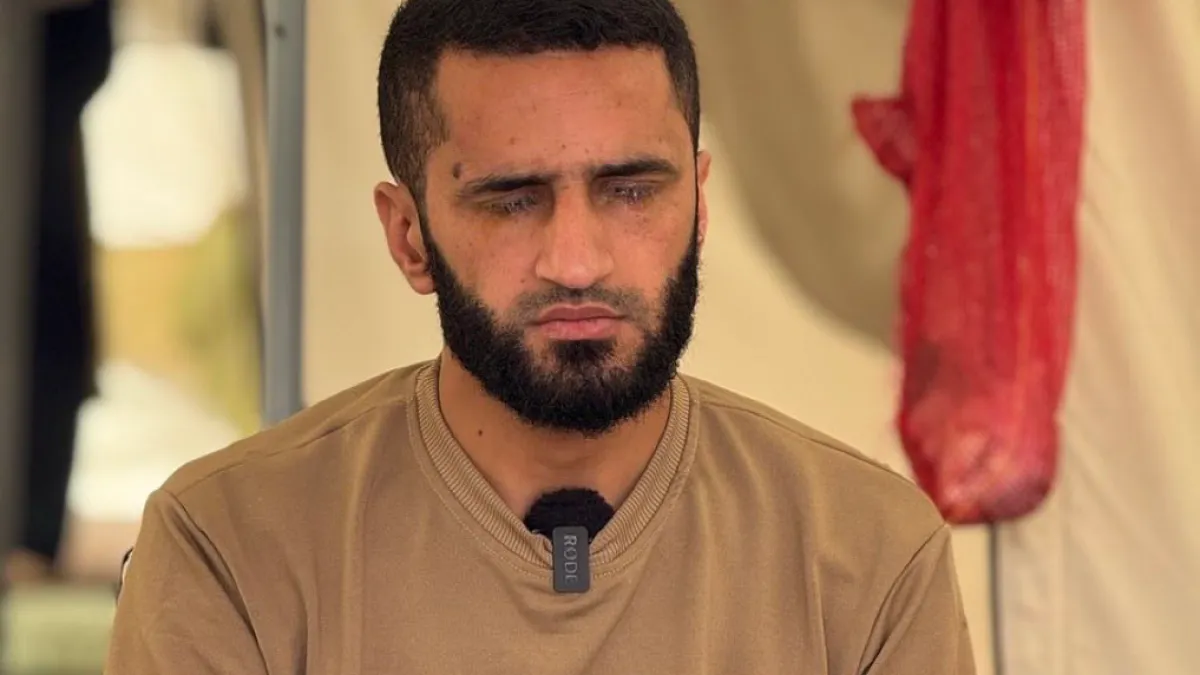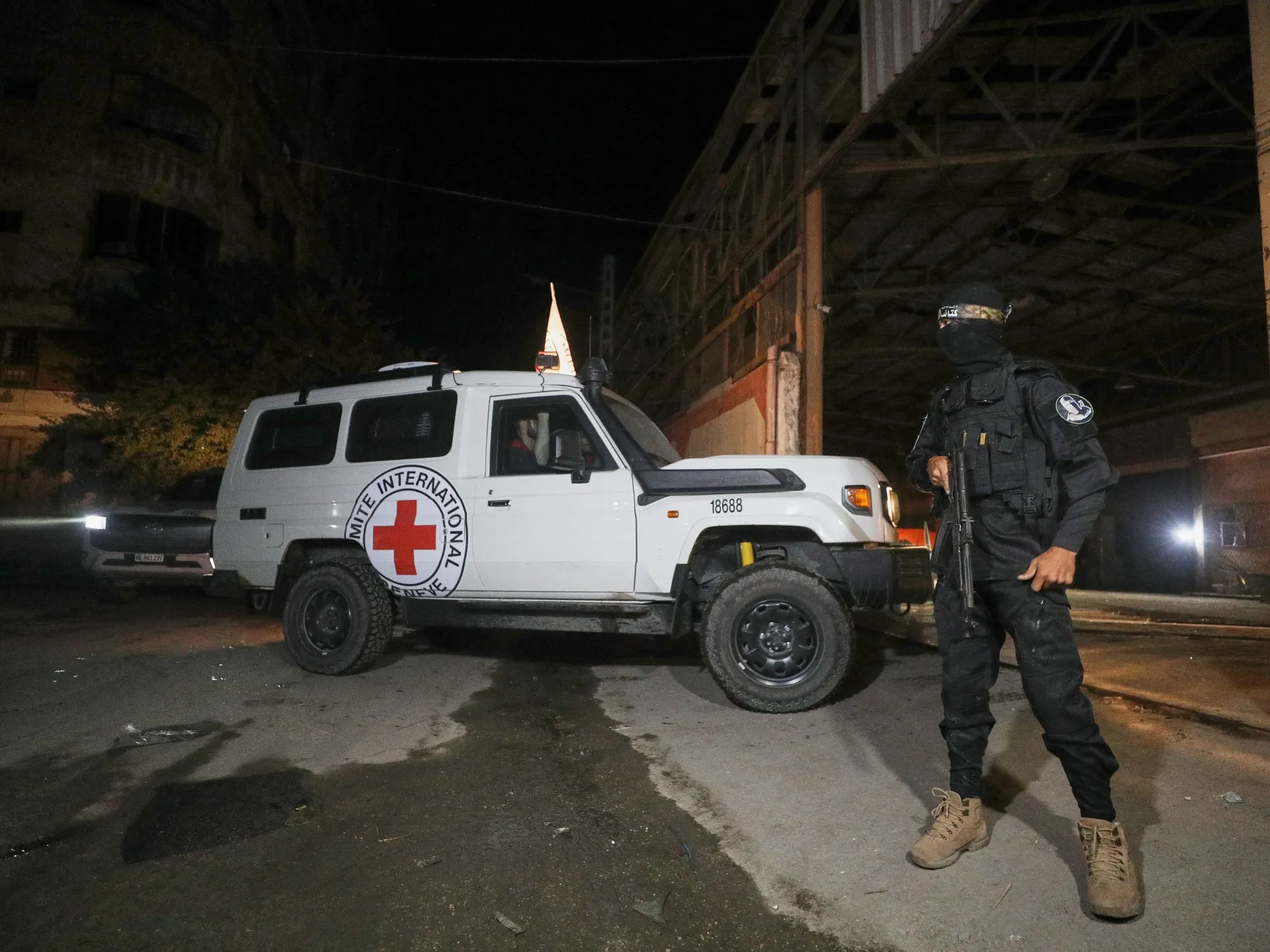Russia’s foreign policy framework places emphasis on adopting a plurality of approaches, including serious dialogues through conventional diplomacy, to all kinds of disputes and has taken concrete steps to coordinate the resolution of those in the Arab world. After lengthy preparations toward hosting the “Russia-Arab world” summit, primarily aimed at discussing regional security and energy relations and showcasing Moscow’s enduring influence in the Middle East, the Kremlin abruptly put off the scheduled gathering, citing contradictory positions and extremely low interest among Arab leaders, including those in North Africa.
The Russia-Arab Summit was supposed to open and be decisive for advancing the agreements on the Gaza Strip, agreements that have been energetically promoted by Egypt and Qatar, considered friends of Russia. It was also meant to address aspects of the Palestinian issue, to stop the bloodshed as soon as possible, and to offer possible pathways for the grave humanitarian issues faced by the people.
Notably, the overwhelming majority in the Arab world showed little interest in Russia being the organizer. Later, considering the apathy towards participation, “President Vladimir Putin reached an understanding with Iraqi Prime Minister Mohammed Al Sudani and the Secretary-General of the League of Arab States to postpone the summit,” Foreign Minister Sergey Lavrov told Arab media reporters on October 13, during his media briefing.
“The final documents are practically ready, so we will still have the opportunity to get together, back for the summit,” Lavrov reassured. The relations with Arab countries are steadily progressing. The League of Arab States has demonstrated its value and is consolidating its role as a key pillar of the emerging multipolar world, authoritatively and actively participating in global affairs—in economics, finance, and increasingly contributing to the resolution of regional and, more broadly, political issues.
There is a noticeable sustained growth in trade turnover with the League’s member states, which has now exceeded $34 billion. Whilst this figure is modest compared to the trade volumes the United States and the People’s Republic of China maintain with the Arab world, it is several times greater than the trade turnover recorded two decades ago. That lapses, however—the growth dynamics are still positive. Arab partners are also showing keen interest in agricultural cooperation, including supplies of Russian food products and fertilizer.
Furthermore, in the sphere of cultural cooperation, Russia has traditionally maintained strong educational ties with many Arab states, a practice dating back to the Soviet era. Tourism is growing bilaterally. The fundamental trend remains the development of constructive relations grounded in mutual respect, the accommodation of each other’s interests, and the consolidation of a stable balance between them.
According to various reports monitored by Modern Diplomacy, the Kremlin was forced to shelve the gathering after only a handful of leaders, including Syria’s president, Ahmed al-Sharaa, and the head of the Arab League, Ahmed Aboul Gheit, confirmed their attendance. For nearly a decade, the Middle East served as the stage for Putin’s long-sought return to global prominence. But analysts say the Arab majority expressed little interest in participating in deliberations, geopolitics, and conflict settlement with Moscow.
Nevertheless, an aide to the president of Russia, Yury Ushakov, in mid-October explicitly explained that “naturally, the Russian side outlined its principled position in favor of a comprehensive Middle East settlement on a generally recognized international legal basis that would ensure lasting peace for all the peoples in that region.”
In particular, Ushakov noted that Vladimir Putin provided a detailed assessment of the current situation, stressing Russia’s interest in achieving a peaceful resolution through political and diplomatic methods in the region and other similar conflicts around the world. In this context, Putin congratulated Donald Trump on his successful efforts to normalize the situation in the Gaza Strip. The US president’s peace work has been duly appreciated in the Middle East, in the United States itself, and in most countries around the world.
In several frank exchanges of views, experts noted the essential political developments in the Middle East and stressed the growing significance of the necessity for establishing peace. “But Russia’s diplomatic role in the Middle East has declined as a result of the Ukraine war,” said Hanna Notte, a Berlin-based expert on Russian foreign policy. “When it comes to all the big developments, the major players in the region don’t look towards Moscow anymore.”
But, the fact remains for geopolitical reasons, the primary objectives and challenges, that the situation has been very difficult and the future trends are uncertain in the region—the Middle East and North Africa. Foreign Minister Sergey Lavrov, meeting with his Moroccan counterpart Nasser Bourita, also acknowledged Moscow’s readiness to work together with other interested countries to help resolve the issues facing the Middle East and North Africa.
“This certainly envisages continued cooperation as part of Russia’s interaction with the Arab League,” according to Lavrov. With Israel and Palestine, Russia hoped the agreements on Gaza reached through the mediation of Egypt, Qatar, the United States, and Turkey will be strictly and fully adhered to in every context and in the logically established international legal framework.
On September 29, the White House released US President Donald Trump’s comprehensive plan to resolve the situation in the Gaza Strip. The 20-point document includes, among other measures, the establishment of temporary external administration in the Palestinian enclave and the deployment of international stabilization forces there. On October 9, Trump announced that Israeli and Hamas representatives had agreed on the first step of the peace plan after negotiations. According to Trump, the agreement included the release of all hostages and the withdrawal of Israeli troops to an agreed-upon line in Gaza.
Despite years of cultivating ties with the Arab countries, Putin called off, on 10th October, the Russia-Arab world summit, a clear sign of Russia’s dwindling influence in the Middle East. Notwithstanding that, Russia has been jostling to sustain its traditional relations across Central Asia and the Caucasus, and also with the former Soviet republics—including Kazakhstan, Armenia, and Azerbaijan.
Substantive steps have been taken on Gaza, for instance, during the summit held in Sharm el-Sheikh, Egypt, on October 13, and hopefully, the agreements on Gaza, reached with the mediation of Egypt, Qatar, the United States, and Türkiye, will be strictly and fully implemented. Key priorities include ensuring the unhindered delivery of humanitarian aid to all those in need, creating the necessary conditions for the return of displaced persons, and addressing the comprehensive destruction of the enclave’s civilian infrastructure.
The UN Security Council and General Assembly resolutions can additionally bring a long-awaited and lasting peace to all the peoples of the Middle East—an outcome in which we are deeply invested, achieving long-term stabilization in the Palestinian-Israeli conflict zone and the wider Middle East.
